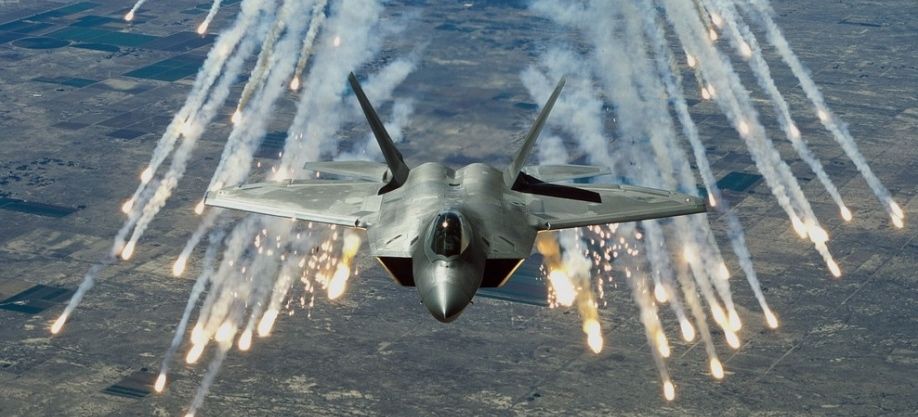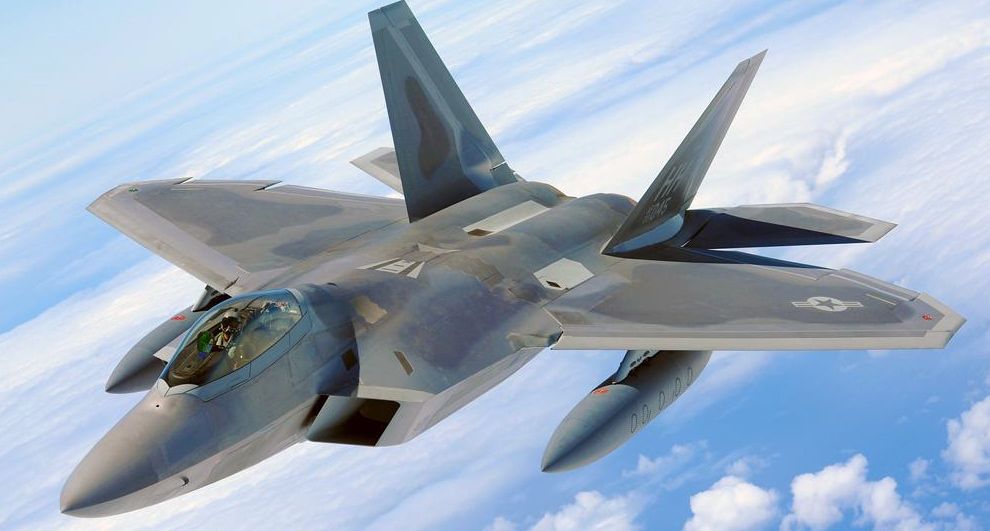
The weapons of the U.S. are meant to be used
HAVANA – A few days ago, in answer to a question from reporters about the possibility of a hypothetical U.S. military intervention in Latin America, the Argentine intellectual Atilio Borón said something with a devastating logic: “A country that has dozens of military bases in the region is planning to use them.”
Indeed, U.S. military power, the Empire’s ultimate resource for domination, in which more than $600 billion are invested annually, is designed to be used. This logic governs the country’s strategy and the policies of all its administrations.
The market of weapons is war, and the marketing of arms producers has proven to be the most effective in the world. By controlling the mainstream media, one of the key components of American power, the dream of many marketers is made true: to befuddle consumers to the point that they will buy poison to feed themselves.
Only madness explains the low global response to the indiscriminate use of military force by the United States and its allies. Just look at Syria, until recently a country as stable as can be in the Middle East, which was suddenly convulsed by an “Arab spring” that has brought flowers to no one but terrorists and mercenaries turned into freedom fighters.
Syria now faces the likely direct military intervention by the United States under the childish excuse that the government has staged an attack with chemical weapons right where its own troops are situated and in the presence of a committee of United Nations experts, invited by Syria to investigate precisely the use of these weapons.
The experience of previous examples is worth nothing. Libya was devastated to end the “horrors” of Qaddafi and now nobody knows who governs the country. Iraq also was invaded for possessing weapons of mass destruction that not even the American “experts” could find. And Afghanistan suffered the same fate during the pursuit of Bin Laden, who supposedly was hidden in a cave in that country, but eventually appeared elsewhere. In none of these cases was “democracy” installed and the remedy has been worse than the disease.
But it would be wrong to assume that the main power groups in the U.S. have failed as a result of these adventures. Unlike other empires, whose command of the world demanded stability for the proper conduct of trade and investment, the dependence of the United States on the arms industry incorporates interventionist pressures that often lead to chaos, but are functional to these interests. Eisenhower warned of this at one time, but nobody listened.
What really appeals to the American arms producers is that wars, once begun, never end. This will justify the huge military budget that goes into their hands. Other businesses appear that are related to the “rebuilding” of the countries attacked, and to the “security” of the property of U.S. multinationals, which is often acquired during the troubled aftermath of lawlessness.
The development of technology provides such asymmetry in these wars, that those attacked barely have the ability to defend themselves. Therefore, the political decision to undertake them is limited to the economic calculation of their costs and, perhaps, to the construction of an international environment that can serve as an excuse. In this situation, one gets to miss the days when men were killed with sticks and stones. At least those fights were more even.
Then, what can stop this escalation of terror based on the assumption of a struggle against terrorism?
Nothing, according to the planners of “the new American century.” For them, the world will have to settle for the existence of a military power that cannot be challenged by anyone. Anyone who attempts to resist will see the deadly drones flying overhead. Therein lies the “national security” of the United States.
However, I believe that they err. Man is the only animal that does not kill by instinct. Killing, or refraining from killing, is a rational act determined by culture. What such a strategy is endangering is American culture itself, not only because of the ethical implications it has for the more aware sectors of society, but because it is making the American Way of Life untenable.
Among many other consequences, the looting of public funds and the wasteful nature of the manufacture of weapons affect the programs of social assistance and human development, particularly education, and have profound implications for the healthy functioning of the country’s economy. Under these conditions, the American “losers” increase exponentially, affecting the middle class, the social base of the system.
The fear of others, exalted as a resource to support the war against terrorism, has the disadvantage of contributing to generalize violence, spreading the feeling of insecurity in the lives of all people. To top it off, thanks to the revelations of Edward Snowden, now the Americans “discover” that individual freedom, an ideological foundation of the democracy that seeks to spread worldwide by sword and fire, is a farce and everyone is constantly being watched by a global power that evades any control by the citizens.
It is still true that, thanks to the manipulations of the information system, for many Americans each of these realities will be just another news story and their impact will lose relevance as other scandals appear, either a new war, the infidelity of an artist or a massacre in a school, but a sediment remains that cannot be concealed from everybody all the time. Therein lies the hope of humanity.
Progreso Semanal/ Weekly authorizes the total or partial reproduction of the articles by our journalists, so long as source and author are identified.


